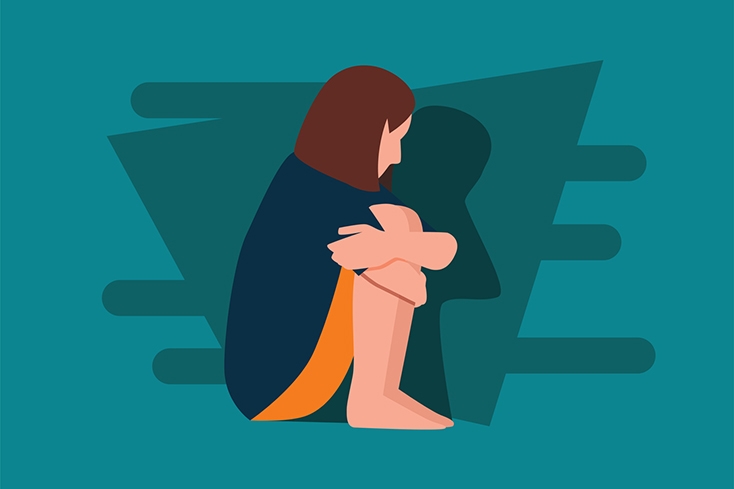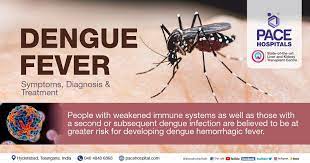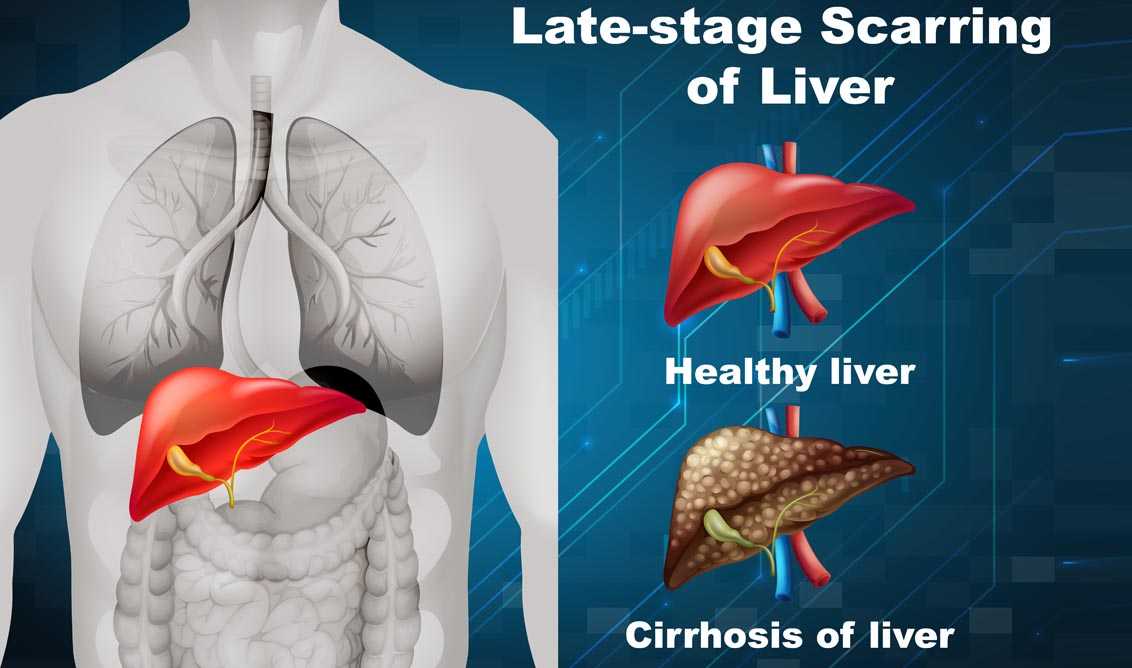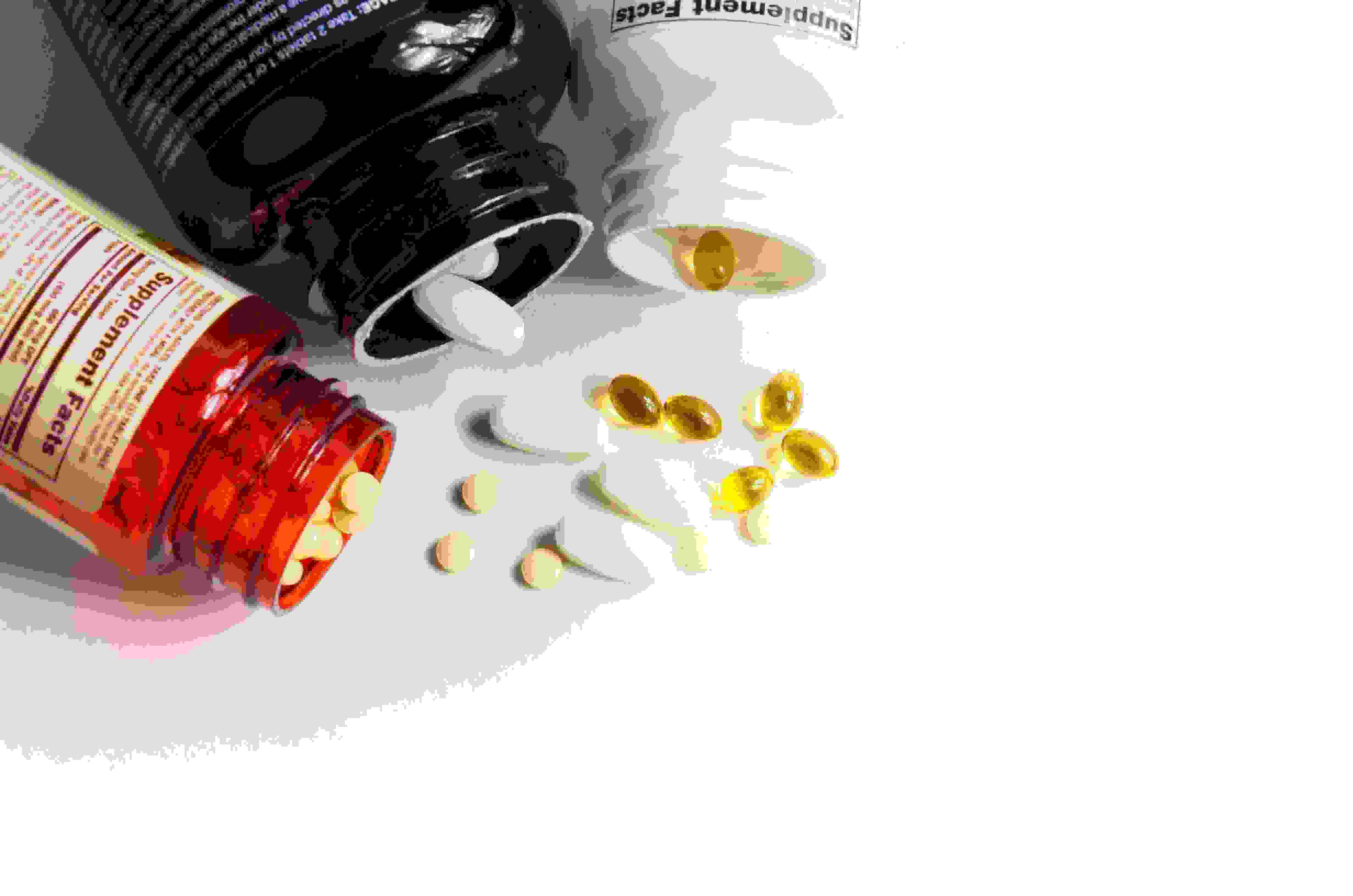Psychological trauma may occur when people encounter unfortunate events or suffer psychological shocks. Not only does this trauma have negative consequences for the individual, it can also have implications for society as a whole. This article will explore the negative effects of psychological trauma, introduce treatments for post-traumatic stress disorder, and give some mental health advice.
1. Negative effects of psychological trauma
Psychological trauma often causes people to experience emotional distress, including anxiety, depression, and anger. Post-traumatic stress reactions may lead to sleep disorders such as insomnia and nightmares. In addition, psychological trauma can also damage interpersonal relationships and make it difficult for the traumatized person to interact with others. Long-term psychological trauma may have a negative impact on an individual's self-perception and value, and even trigger suicidal tendencies.
2. Treatment methods for post-traumatic stress disorder
Post-traumatic stress disorder (PTSD) is a common psychological trauma reaction, and treatment methods mainly include psychotherapy, drug intervention and emergency treatment.
Psychotherapy is the main treatment method for PTSD, including cognitive behavioral therapy (CBT), eye movement desensitization and exposure therapy. These therapies help trauma victims process and overcome psychological trauma.
Pharmacological intervention can alleviate the symptoms of PTSD, such as antidepressants, anti-anxiety drugs, etc. For emergencies, such as suicidal tendencies or severe mental distress, electroshock therapy or hospitalization may be necessary.
3. Mental health suggestions
When dealing with trauma, the following mental health tips may help:
Keep your body relaxed: Relaxing your body through yoga, meditation, etc. can help relieve tension and anxiety.
Psychological relaxation: Reading, writing, drawing, etc. can relax the mind and help relieve emotions.
Appropriate expression: Share your feelings with family and friends, or express your inner emotions by writing in a diary.
Build a social support network: Build good relationships with others to find support and comfort.
Healthy lifestyle: Maintaining a healthy diet, regular sleep and moderate exercise can help relieve mental stress.
Seek professional help: Don’t shy away from counseling or therapy if needed, professionals can provide effective support and guidance.
4. Conclusion
Trauma can have profound effects on individuals and society, and post-traumatic stress disorder is a common response to trauma. Understanding the negative effects of trauma, PTSD treatments, and mental health advice is important in helping individuals cope with trauma and recover. When facing psychological trauma, people should actively seek professional support and help in order to better overcome difficulties and regain the glory of life.
What To Do When Your PTSD Is Triggered: A Step-by-Step Guide



